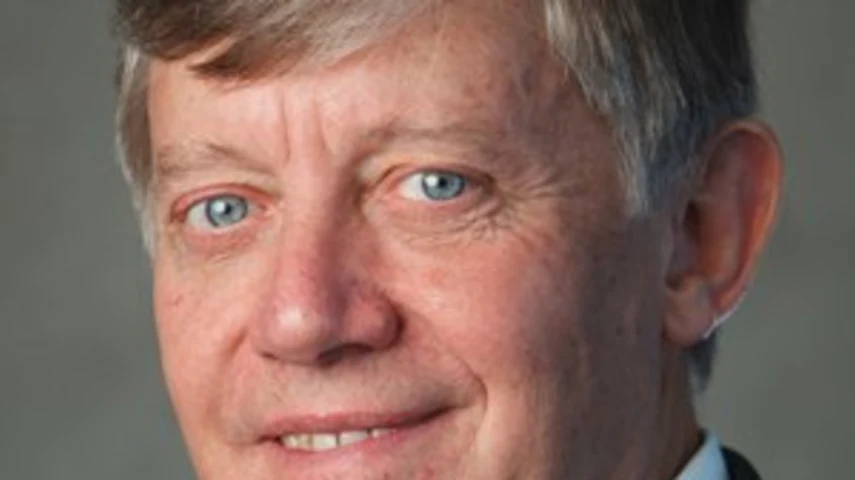SPAA backs ASIC’s tougher stance on advisers



The SMSF Professionals' Association of Australia (SPAA) has backed the Australian Securities and Investments Commission's (ASIC's) bid to drive out the ‘bad apples' in the financial services industry.
SPAA technical director Graeme Colley said all groups, regardless of size or make up, have a small minority that make it difficult for the great majority.
"Most of the laws are aimed at controlling the minority as the majority do the right thing," he said.
SPAA's statement comes as ASIC's submission to the Financial Systems Inquiry recommended a national exam, a register of all financial planners and the power to ban those involved in managing financial planning businesses.
ASIC said "there is a real and significant problem with ‘bad apples' in the financial advice industry" who switch employment when identified and can attain new employment due to a lack of a proper reference check by a new licensee.
"We particularly support mandated reference checking for advisers that offer Tier 1 or complex advice and would welcome the creation of a central register for employee representatives," Colley said.
"The concept of a national examination for advisers before they can give personal advice on Tier 1 products is also one SPAA supports."
ASIC also urged that it gain the power to ban those in the management of financial advice businesses who are involved in violations.
Recommended for you
The super fund has launched Retirement Manager, a digital advice tool helping members plan income, spending, and retirement confidence with integrated support.
APRA has warned retail super trustees that financial adviser involvement in recommending platform products does not diminish their obligations, as regulators turned the spotlight on the Shield Master Fund and First Guardian Master Fund during a meeting with fund CEOs.
AMP’s chief economist has unveiled a wish list for the Australian government’s Economic Reform Roundtable.
Australian retirees could increase their projected annual incomes between 3 and 51 per cent by incorporating personal and household data into their retirement income strategies, according to new research.









